The TV Licence fee, which is used to fund the BBC, can’t be scrapped until enough people in the UK have access to broadband, says John Whittingdale, the Minister for Media and Data. The minister also addressed yesterday the problems with the decriminalisation of the fee, and what the possible alternatives are.
Mr Whittingdale, who is in charge of discussions with the BBC on the possible changes to the fee in 2022, spoke in a virtual session where MPs were responding to a recent petition that called to revoke the TV licence fee.
The petition, which was signed by more than 110,000 people, called for the government “to end the TV Licence as soon as possible”, stating that “The TV Licence is not required as many people no longer watch the BBC preferring to watch other media sources and listen to many of there radio stations.”
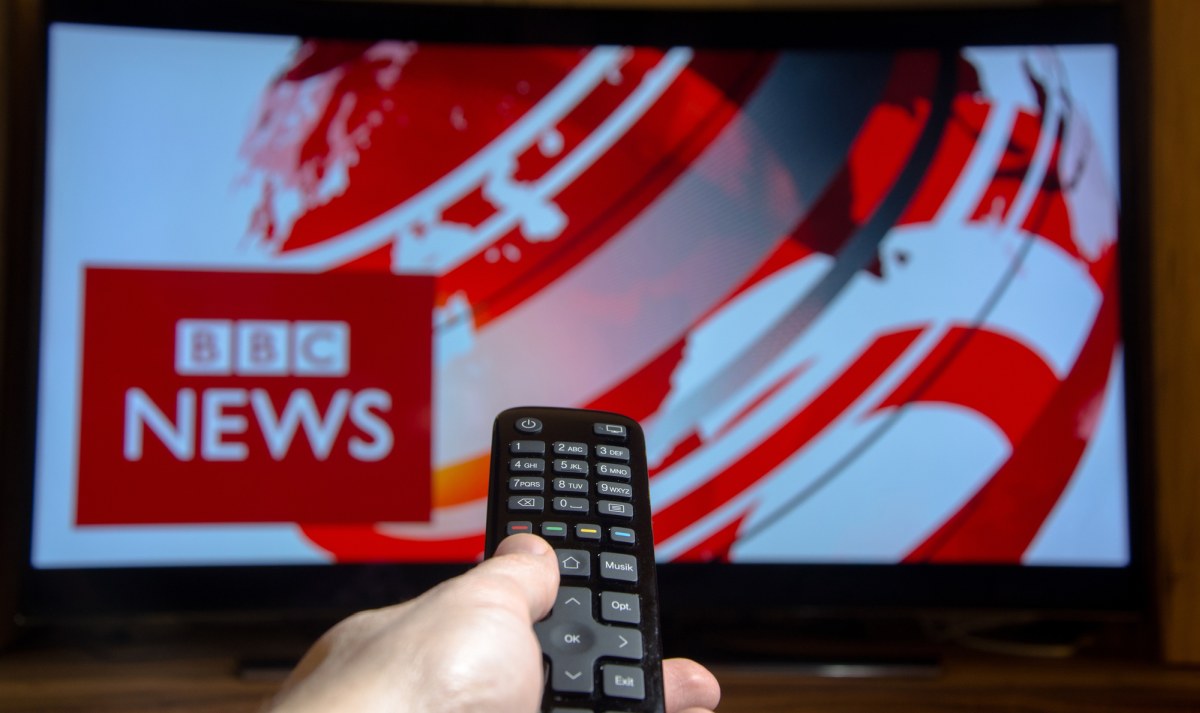
Since the petition passed the required number of signatures, the government had to respond (which it did back in May 2020), and yesterday, a virtual session was held with several MPs giving their opinions, and the Media Minister giving the government’s response.
The TV Licence fee is currently used to fund the BBC. It stands at £157.50/year, but will go up to £159/year on April 1. Anyone who watches the BBC live, or via the BBC iPlayer app, has to pay it.
Furthermore, if you watch any type of live TV from any broadcaster (even international ones), you also need to pay the fee (See our full guide on whether you need to pay the TV Licence fee or not).
Failure to pay the TV licence fee is a criminal offence, and evaders can end up paying a fine of up to £1,000, or in rare cases even go to jail.
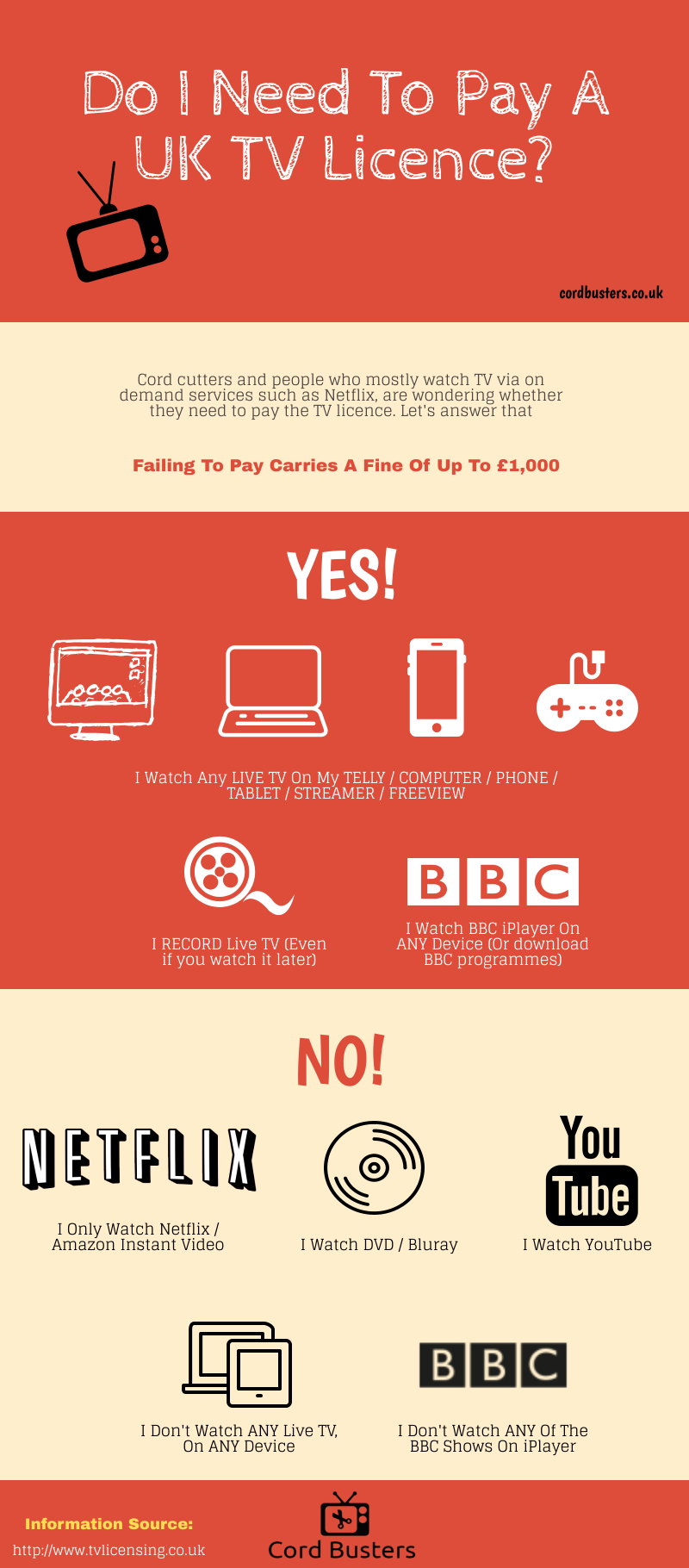
In the virtual discussion, MPs spoke for and against the TV licence fee (and the BBC in general), with many speaking against the recent cancellation of the licence fee exemption for the over-75s.
When the government decided to phase out subsidies it was giving the BBC for the over-75s, it tasked the corporation with either paying for this exemption from their regular budget, or decide on a new scheme.
According to the BBC, this exemption would have cost £745 million a year – around 20% of the BBC’s budget. Therefore, starting last August, over-75s were no longer exempt from paying the licence fee.
Damian Collins, Conservative MP for Folkestone and Hythe, addressed this issue – but also spoke about the importance of keeping the BBC as it is:
“I disagree with the petition that we should scrap the licence fee and defund the BBC, but I do agree with it on one point, and that was the decision to scrap the free licence fees for the over 75s.
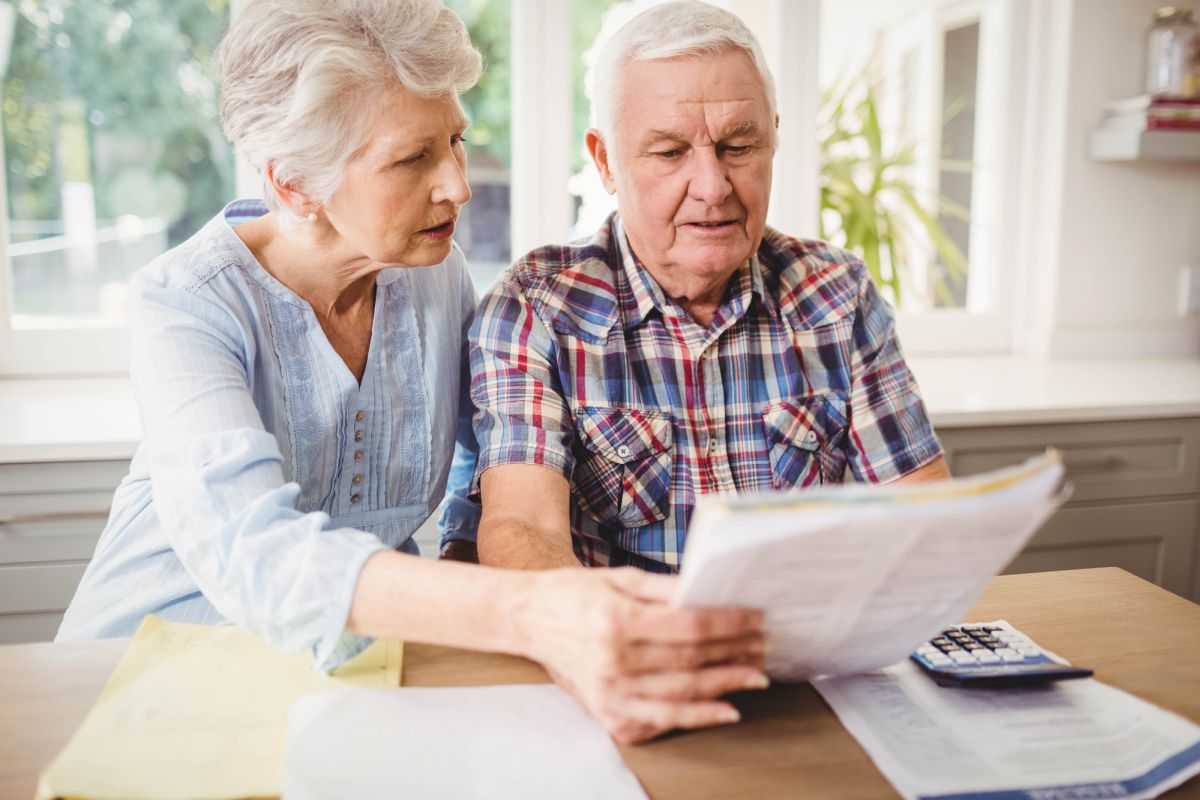
“That promise was made to people that those licenses will be there. The BBC has made the decision because it cannot afford to fund it. I think it miscalculated the amount of money that it would cost, it was probably wrong to enter the agreement that it did but nevertheless, that commitment had been made and should have been honoured.
“If we’re going to call for the defunding of the BBC or the scrapping of the license fee then what we have to accept is the BBC would cease to exist as we’ve known it or will be much much smaller. It will have much less money.”
John Whittingdale, the Minister for Media and Data, then started by emphasizing what an asset the BBC is – especially in these turbulent times:
“It is right to recognize firstly the huge asset that the BBC is to this country.
It is widely admired around the world and particularly in the course of the last year when I suspect most of us have watched more television than we have done for a very long time.”
Mr Whittingdale then went on to address the possible decriminalisation of the TV licence fee. As we reported earlier this year, the government decided to leave things as they are, at least until 2022.
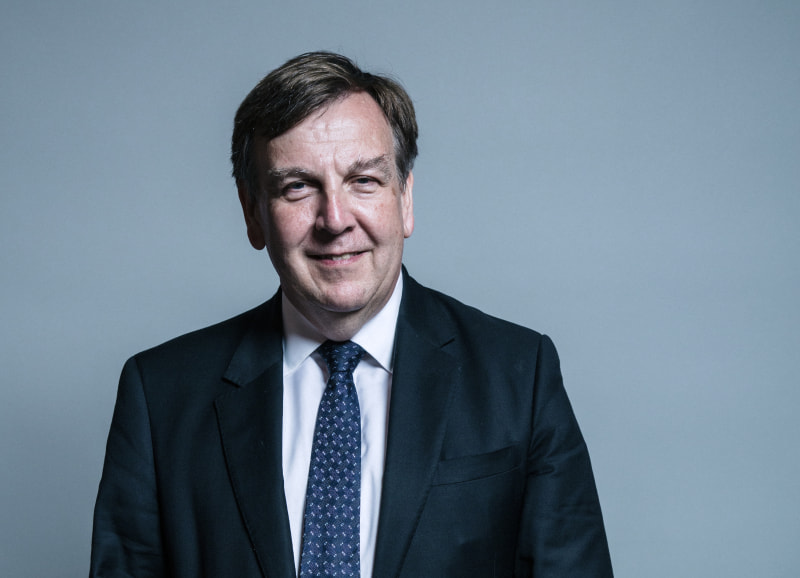
“Regarding decriminalization, the government does recognize that many people feel it is disproportionate that this particular charge should be enforced through criminal sanction, and we are concerned that those who do believe that that is unfair and therefore, as a result, we did look carefully at the issue of whether or not to decriminalize.
“…You have to look at what the alternative would be and if we move to civil enforcement it could actually lead to license fee payers facing possibly greater costs and bailiffs turning up on the door if they fail to pay and therefore we think it does need to be thought and examined further.
“We recognize the strength of feeling that decriminalization should take place but before moving down that road we need to be very clear about what the consequences would be and what possible alternatives there are and so we can continue to consider that.”
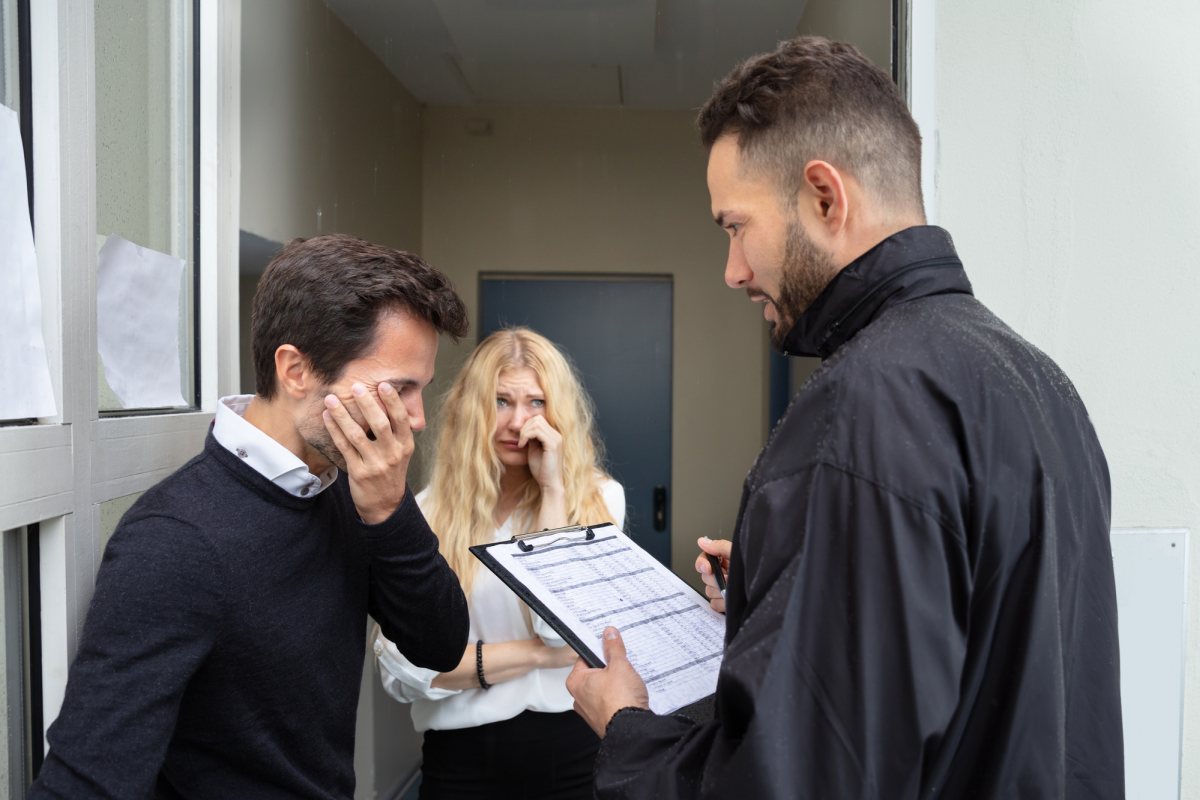
The minister then addressed the issue at the heart of the petition – whether the TV Licence fee should be revoked, or possibly transformed into something else – such as an optional subscription service, like Netflix.
He started by saying that more and more young people are turning to video-on-demand services these days, which raises the question of whether the license fee model can still be based on the fact that everybody uses the BBC – when that is not necessarily the case.
But the main problem with scrapping the TV Licence fee, according to Mr Whittingdale, is that many people still don’t have an alternative – because they lack a proper broadband connection.
“A lot of people say they have a wide choice of streaming services”, Mr Whittingdale added. “They can go to Netflix, they can go to Disney, they can go to Amazon.
“We need to bear in mind that there is a significant proportion of the population who do not have access to any of those services and who at the moment rely upon Freeview.
“Many of them will say they don’t want to meet the cost of a broadband subscription. They’re perfectly happy to have the choice of the traditional public service broadcasters and a few others through Freeview.
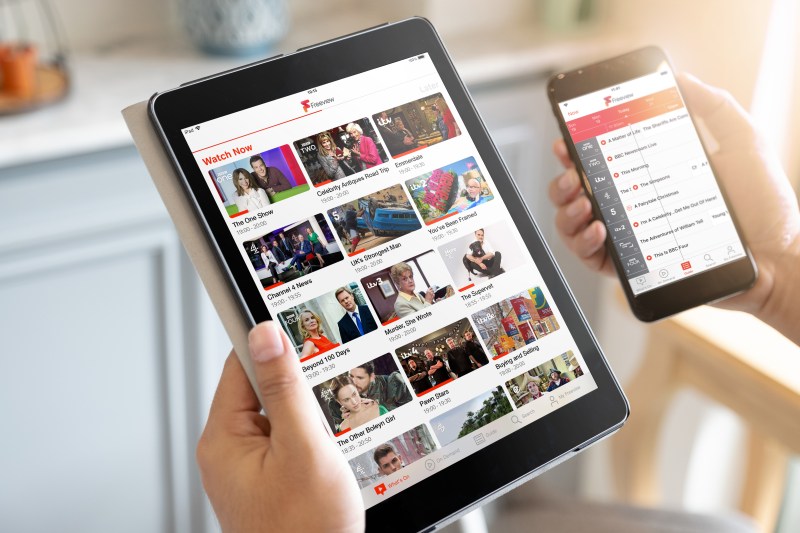
“And whilst they are on Freeview it is not possible to introduce a subscription TV service, the technology does not allow it.
“So before you can consider moving to subscription as an element of the BBC’s funding, it will need to be for everybody to be capable of receiving video on demand.
“And that, I believe, will come. The rollout of broadband is very fast, we will reach universal coverage and there will come a time when it would be possible for us to move towards a full subscription service for everybody, but that time has not yet arrived.
“And therefore I do believe that this is a debate which will continue and will become more relevant as we reach the time of the next charter renewal in about six years time.
“But for the moment it is the case that the license fee still remains the best and in many ways the only means of funding universal TV supplied through the BBC.”
The full discussion can be watched here:
- Want more weekly updates about the licence fee and other TV topics? Subscribe to our free newsletter.
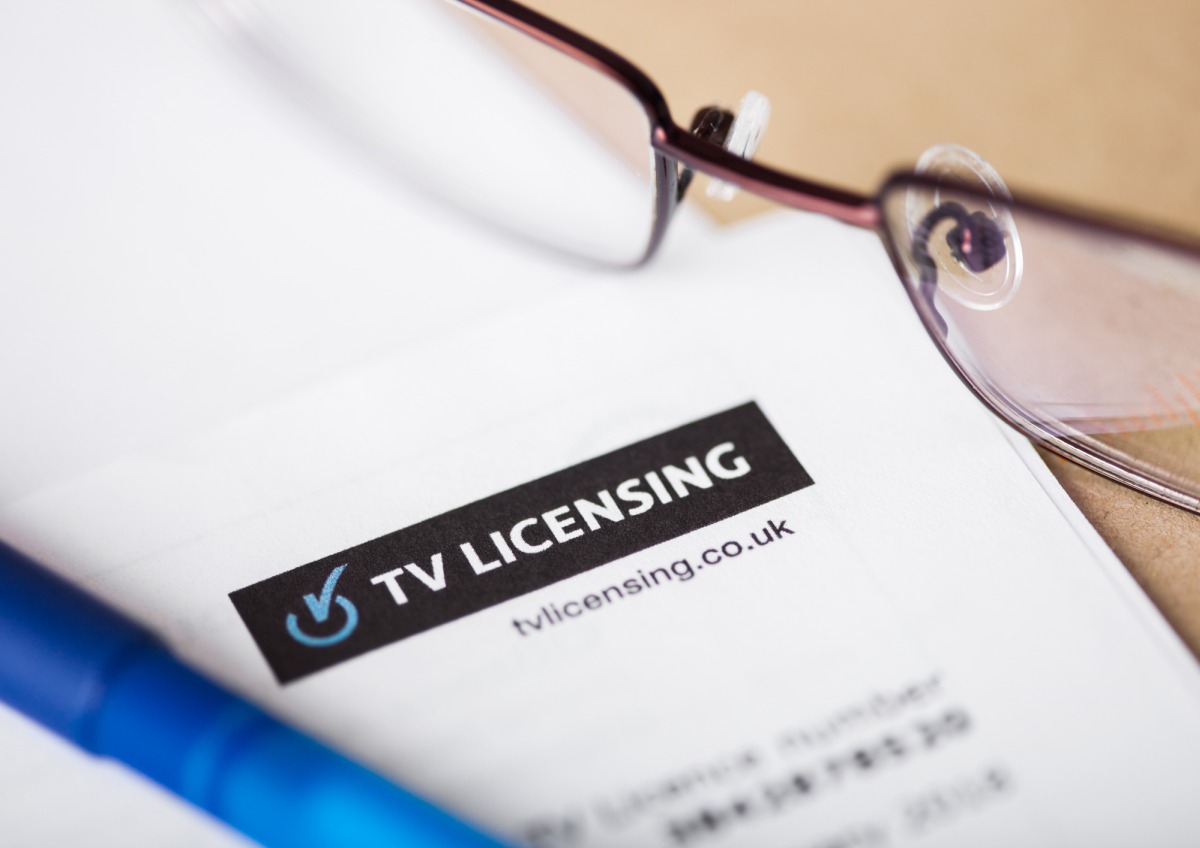
My 82 yr old wife has quite severe dementia I’m her carer I’m 85 the only way
l can calm her down sometimes is to watch TV but the. BBC make no allowances for housebound people and MPs don’t seem to care about this,also they don’t seem to care about people who can’t afford to eat properly as long as they can get their money to pay third rate presenters mega wages,don’t they realise there’s always someone lower down the ladder who could do an eaqually good job for far less money
About 6 years ago i informed tvlicencing through there web site that i dont watch live broadcasts or bbc iplayer. I received a refund and have never heard from them since.
BBC A WAST OF MONEY NEVER WATCH IT
The BBC are the only broadcaster who
-provide programmes specifically for the disabled*
-provide programmes in Welsh and Gaelic*
-provide educational resources EVERY school and college in the UK use for free+
-maintain the transmitter network on which Freeview broadcasts (the most usual way for the elderly and poor to access TV)
*don’t generate enough audience to interest commercial stations
+doesn’t generate any profit
Do the disabled, children, poor, elderly & speakers of Welsh/Gaelic not matter?
Why don’t they have adverts on to raise the money like itv does
How can the BBC be a huge asset during the Pandemic to people like me?
I am an Over 75 who has been stopped watching any TV because of the threat of Prison.
I am a widower, disabled, living on my own and have not been able to watch TV for 6 months, not even over Christmas or New Year.
I paid a License for almost 60 years, the BBC are immoral.
The BBC agreed to be responsible for our Over 75 free license.
They should be told that they HAVE to do it. Why all this pussy footing around?
An agreement is an agreement, period.
Take the BBC to Court if they won’t, us Over 75s can’t afford to.